What difference does it make how closely you follow the markings in the score?
Listen to these two recordings and see what you think!
This is a concert etude by Franz Liszt entitled, Waldesrauschen (meaning, Voices in the Woods).
httpv://www.youtube.com/watch?v=pENsficQ81k
httpv://www.youtube.com/watch?v=teFMIzxET3w
The first version is played by Josef Hofmann and the second is by Claudio Arrau.
While both versions are obviously incredibly virtuosic and impressive performances, I personally prefer the second version over the first. And not just because it’s a slower speed. But it strikes me as more expressive. There’s more rubato and Romanticism. I think I can actually hear the “voices in the woods.”
I would also like to point out however, how you can truly hear the markings in the score in the second interpretation. For example, the LH melody in the opening 15 seconds of the piece contains a couple of phrases that each contain a note with a tenuto. Can you guess which note of each phrase has the tenuto, without consulting the score?
Another example, during one of the tumultuous middle sections, there are two crescendos marked in two consecutive measures (2:35 in the first YouTube video; 2:30 in the second). Arrau truly takes the time to make these come out.
Occasionally, I will have a student who thinks they are doing the dynamics, but in actuality it all kind of sounds the same. I mean, you can sort of tell they are doing them, but not really enough to notice. And so I ask my students: “Do you think an audience member who has never seen the score would be able to tell you what the dynamic markings are, just based on what they are hearing? You have to really exaggerate the differences in order to make them noticeable.”
Anyway, I think it’s really fascinating to listen to various interpretations of the same piece – to get inspired to create my own personal interpretation!
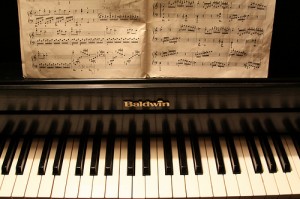 Last week we discussed how to teach legato pedaling to students, and we got a few great responses – click here to check them out! As always, feel free to add your thoughts to the discussion!
Last week we discussed how to teach legato pedaling to students, and we got a few great responses – click here to check them out! As always, feel free to add your thoughts to the discussion!

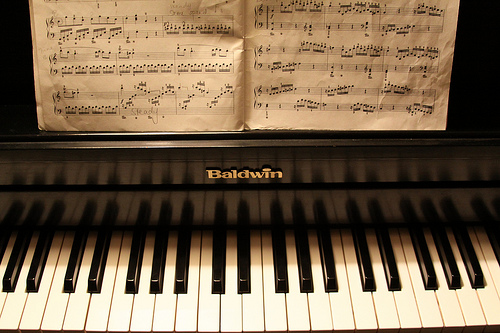
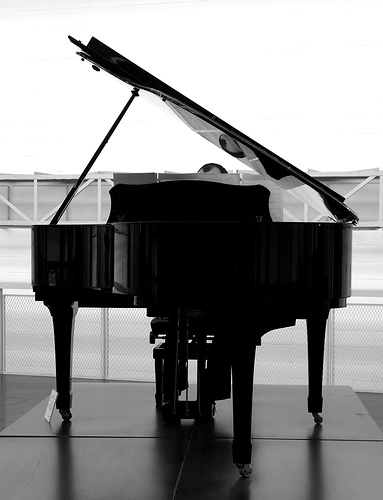
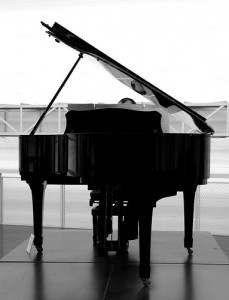
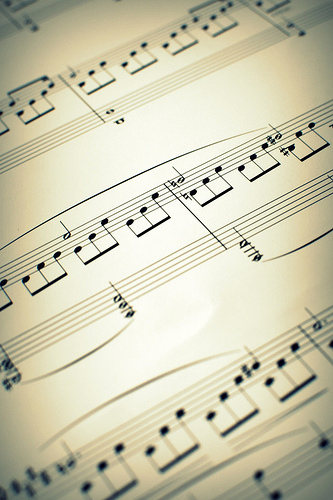
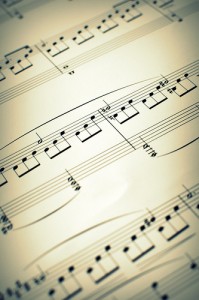
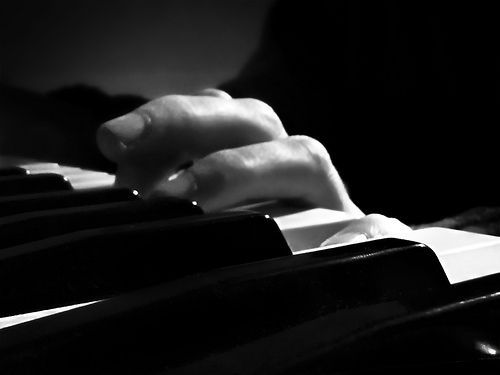
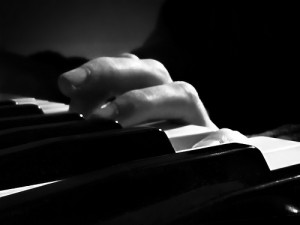
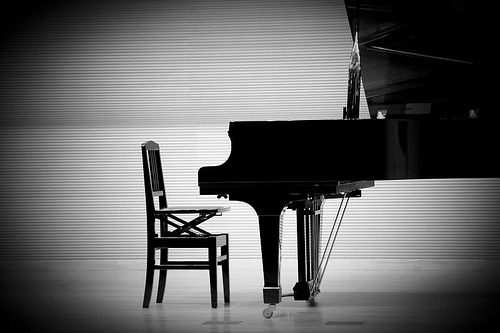
 Discussion topic for the December Forum:
Discussion topic for the December Forum: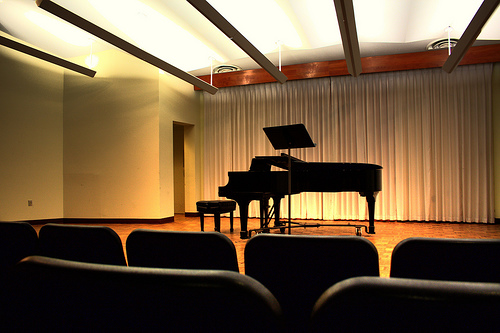
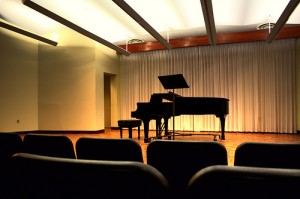 Your hands are cold and shaky, your heart is racing, and you find it hard to breath. Are you sick? Are you having a nightmare? No, you’re about to play your instrument in a recital, and the symptoms you are experiencing are due to performance anxiety — better known as stage fright.
Your hands are cold and shaky, your heart is racing, and you find it hard to breath. Are you sick? Are you having a nightmare? No, you’re about to play your instrument in a recital, and the symptoms you are experiencing are due to performance anxiety — better known as stage fright.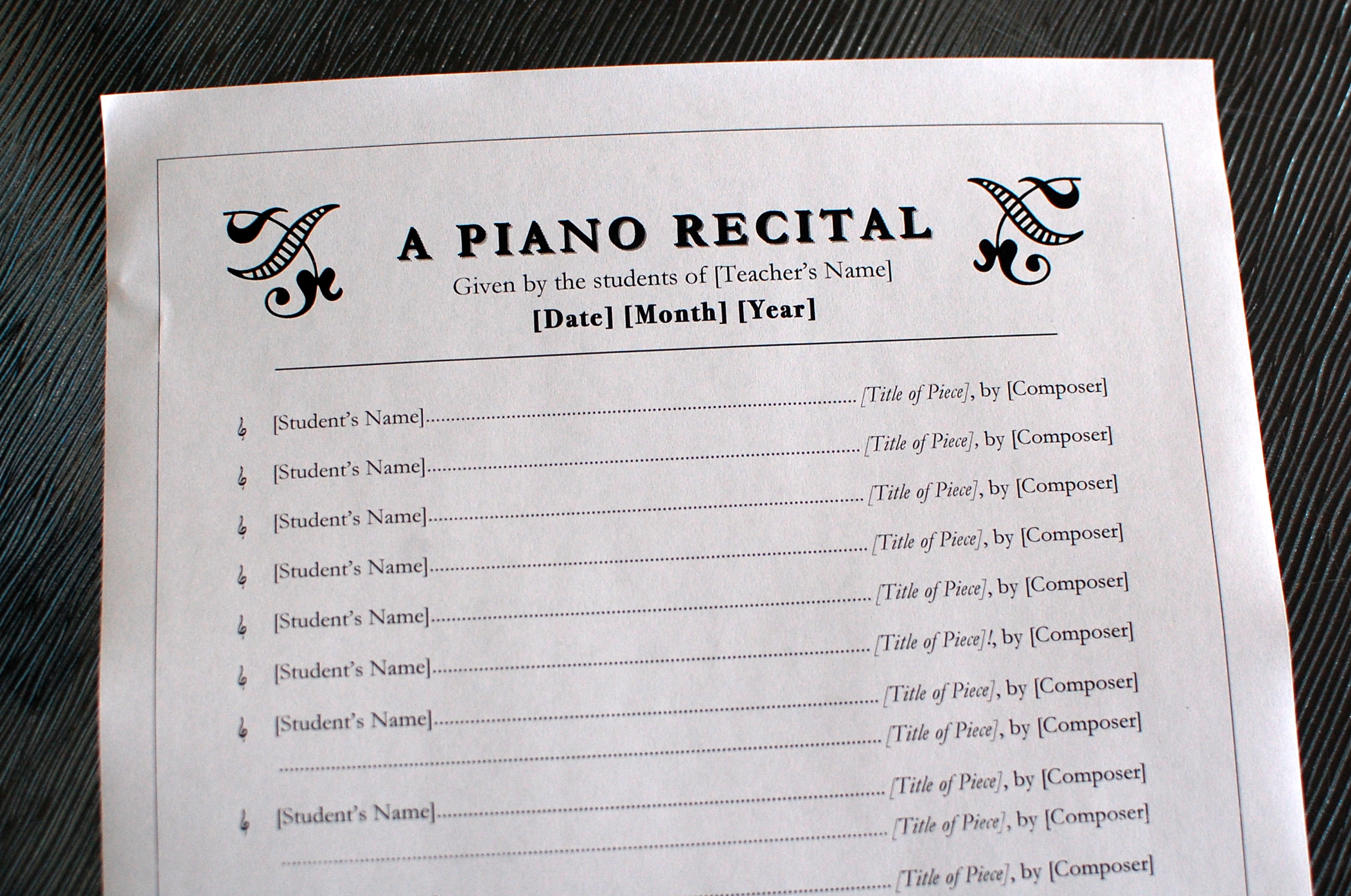
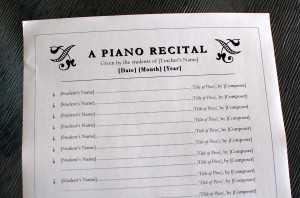 Today’s free printable is a another template of a piano studio recital program, for listing students’ names and pieces.
Today’s free printable is a another template of a piano studio recital program, for listing students’ names and pieces.
